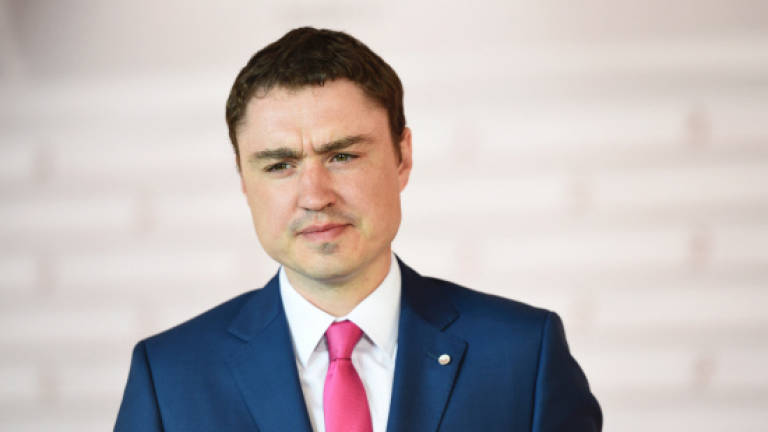Estonia's pro-West coalition collapses amid infighting

TALLINN: Estonia's three-party coalition government collapsed on Monday as its two junior partners ended their cooperation with pro-Nato Prime Minister Taavi Roivas amid infighting over his leadership.
"For the Social Democrats SDE and conservative IRL party the cooperation with the Reform party in this government has finished," Heidi Ojamaa, SDE spokeswoman told AFP.
In April 2015, Roivas's 30-seat centre-right Reform party forged a coalition with the leftist Social Democrats and conservative IRL to command 59 seats in the 101-member parliament.
Estonia's ERR public broadcaster reported that Social Democrats leader Jevgeni Ossinovski blamed disputes on economic, social, education and regional policy for triggering the break up with Roivas's Reform.
Warning that Estonia was "moving towards a left-wing coalition and that is dangerous", Interior Minister Hanno Pevkur, the Reform Party deputy chairman, told Estonian public TV late Monday that the party board would meet early Tuesday to discuss Riovas's resignation.
"The government has now collapsed, with the SDE and IRL both officially pursuing new coalition talks with the (opposition) Centre party as of tonight," Estonian political analyst Ahto Lobjakas told AFP Monday.
Commanding 27 seats, the Centre party is Estonia's second largest political party and is popular among the small Baltic state's sizeable ethnic Russian minority.
The party chose a new leader, 38-year-old Juri Ratas, at the weekend, raising calls for him to take over as prime minister.
'Opened the floodgates'
He replaced Edgar Savisaar, 66, who stepped down amid party infighting. The former prime minister was seen as having close links with Moscow, making his party popular among ethnic Russians, who account for a quarter of Estonia's 1.3 million people.
But Savisaar's perceived ties to Moscow had also scared off potential coalition partners.
According to Lobjakas, "Ratas's election as Centre's chairman opened the floodgates" for it forming a government.
If the talks between the Social Democrats and conservative IRL and the Centre party are "successful, this would signal a huge shift domestically, as Reform hasn't been out of government since 2001," he added.
Lobjakas however insisted that should Ratas become prime minister, he would "stick to current foreign policy", meaning Estonia would remain firmly rooted in Nato, the EU and the eurozone.
Nato leaders endorsed plans in July to rotate troops into Baltic states Estonia, Latvia, Lithuania as well as Poland to reassure them they would not be left in the lurch if Russia was tempted to repeat its 2014 Ukraine intervention.
Since then, the Kremlin has stepped up its military presence in its Soviet-era backyard in the Baltic Sea area and its jets frequently test the airspace of small Nato allies such as Estonia.
Long a paragon of fiscal responsibility in the EU, which it joined in 2004, Estonia posted 1.2 percent economic growth in 2015, with a 1.8 percent expansion expected this year, according to OECD estimates. Joblessness hovers around seven percent.
Deep reforms and years of painful austerity paved the way to Estonia's 2011 eurozone entry. — AFP